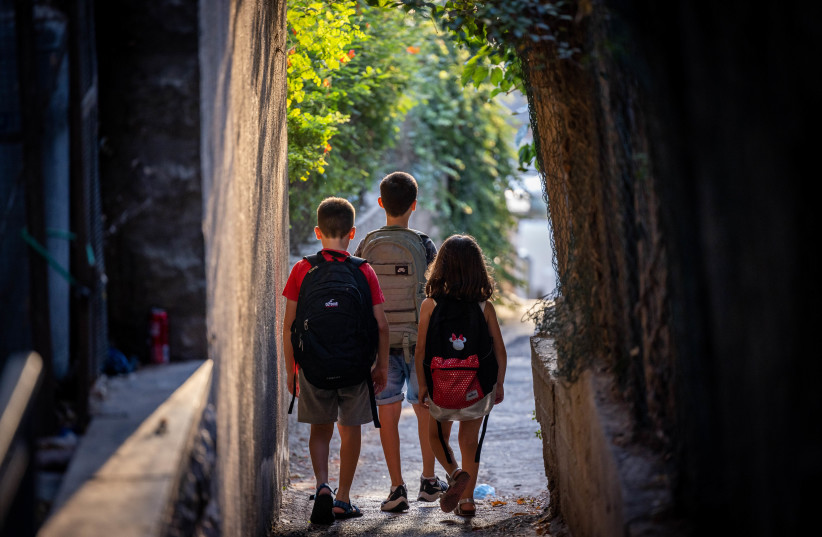People who have experienced childhood maltreatment are more likely to develop alexithymia in adulthood, according to a new study published this month.
The peer-reviewed study, published in the journal Psychological Bulletin, sought to understand the long-term social and emotional impact that experiencing mistreatment in childhood could have.
The research was a joint effort between scientists at the Hebrew University of Jerusalem and Stanford University in California.
What is ‘alexithymia’?
Alexithymia is a personality trait that used to be considered a disorder, which prevents individuals from being able to identify the way that they are feeling.
People with this trait may also find that they feel physical discomfort when emotional but cannot identify the source of the discomfort.
People with alexithymia are likely to struggle in social situations, as they often miss social cues or struggle to identify or understand the feelings of other people and themselves.

“One in four children worldwide is maltreated, but it often goes unrecognized,” said Julia Ditzer, lead author of the study.
10% of the general population have clinically relevant levels of alexithymia. It is significantly more apparent among men, at a rate of 17% compared to the female rate of 10%.
Alexithymia is associated with a number of other conditions such as autism, depression and schizophrenia.
The long-term impact of experiencing maltreatment in childhood
“Our findings revealed that childhood emotional abuse, as well as emotional and physical neglect, were the strongest predictors of adult alexithymia,” the researchers wrote in their study.
“We can say now with more confidence that these phenomena – child maltreatment and alexithymia – are related to each other to a great extent,” said Anat Talmon, the senior co-author of the study.
In the United States, 656,000 children experienced maltreatment in 2019. Internationally, it is believed that 1 in 4 children experience maltreatment.
The researchers identified five types of childhood maltreatment, drawing differences between abuse and neglect, although they didn’t have an equal likelihood of baring an adult with alexithymia.
The maltreatment types were categorized into emotional neglect, emotional abuse, physical neglect, physical abuse, and sexual abuse.
The researchers defined emotional neglect as failing to meet a child’s emotional needs like security and comfort, while emotional abuse was defined as caregivers actively belittling children or making them responsible for adult problems. Likewise, physical neglect was defined as failing to meet a child’s physical needs like food, while physical abuse was defined as actively inflicting physical harm onto the child.
Women who participated in the study were more likely to identify themselves as a victim of emotional neglect and general alexithymia.
Adults who experienced physical abuse and sexual abuse as children were more likely to experience alexithymia as adults compared to those who had suffered the other abuse types.
“When someone is sexually or physically abused, he or she often knows, to a certain extent, that something is wrong,” explained Talmon. Talmon explained that neglect was harder to identify and, as a result, victims were less likely to seek help.
“Emotional neglect and emotional abuse are extremely devastating experiences for a child,” said Talmon. “No one is fulfilling your emotional needs, but you lack the ability to identify and recognize your emotions on your own, which increases the likelihood of developing alexithymia.”
It is important to note that not every child that experiences maltreatment will experience alexithymia. Children react to abuse and neglect in different ways. Some react aggressively, while others disassociate.
“These children might say, ‘I don’t care. I’m just surviving,’ ” said Talmon. “They don’t know what they want because they don’t know what their inside voice is, and what their true will is.
The researchers defined disassociation as “a process in which the individual becomes detached from behaviors, thoughts, memories, and feelings.”